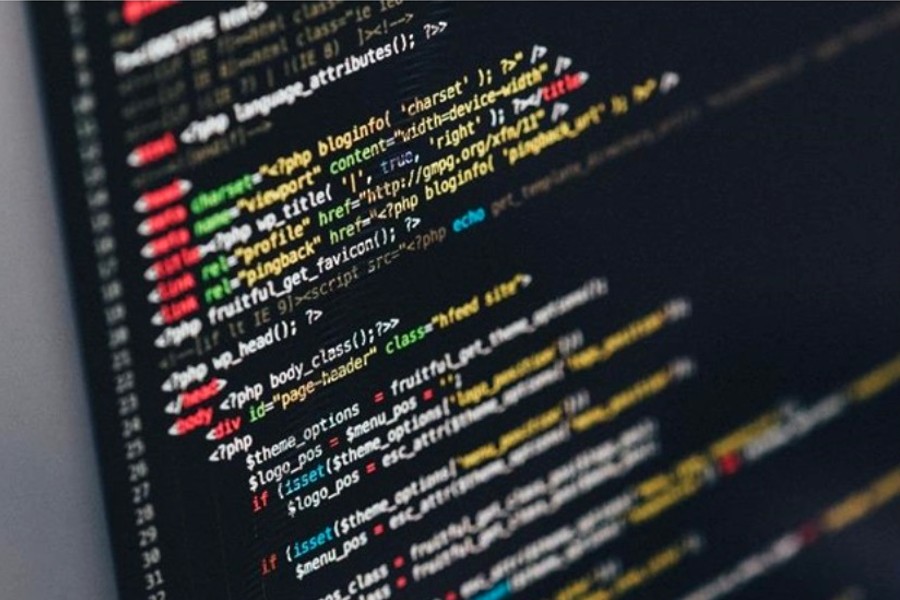
With the constant evolution of technology, Java continues to be an essential tool for developers who want to create robust and scalable applications.
According to Oracle Corp, Java is presently used on more than 3 billion devices worldwide. However, developers must balance their desire to take shortcuts with effective coding practices.
Robert C. Martin, known as “Uncle Bob,” is a renowned industry leader who emphasizes the importance of reading old code when writing new one. Thus, Java experts should meticulously avoid mistakes that compromise the readability and integrity of their code. Partnering with a competent Java development company is also beneficial for businesses to ensure consistent application of best practices.
This article outlines five significant coding mistakes to avoid: neglecting existing libraries, using raw types instead of generics, ignoring exceptions, allocating excessive memory, and failing to free up resources after usage. Each mistake not only increases development time and costs but also compromises the quality and reliability of the code, impacting the project’s success.
1. Neglecting Existing Libraries
In Java coding, ignoring the availability of existing libraries can have severe consequences. Java provides an extensive range of libraries that can significantly simplify coding and reduce development time. Opting to write code from scratch instead of utilizing suitable libraries can result in code duplication, leading to a time-consuming and error-prone development process. To improve code quality and efficiency, it is crucial to utilize existing libraries that are relevant to the project at hand.
2. Using Raw Types Instead of Parameterized Ones
Using raw types instead of parameterized ones can lead to serious errors. Raw types refer to generic classes or interfaces without any specified type parameters, which can result in code that lacks type safety and is prone to mistakes. To avoid these risks and enhance the quality of your code, it is highly recommended to use parameterized types. This can significantly reduce the likelihood of errors, resulting in more robust and reliable code.
3. Ignoring Exceptions
Exception handling is a crucial aspect of Java programming. When exceptions are thrown, they provide a way to handle errors and unexpected situations in a program. Ignoring exceptions is a dangerous practice that can lead to unexpected behavior and error-prone code. Proper handling of exceptions is essential for creating reliable, robust, and maintainable applications. Developers can use try-catch blocks to handle exceptions and gracefully recover from errors. Additionally, logging and reporting exceptions can help identify and fix issues in a timely manner. Overall, understanding and implementing proper exception-handling practices is essential for building high-quality software.
4. Excessive Garbage Allocation
Allocating excessive garbage is another practice to avoid in Java coding. Garbage collection is a process that automatically reclaims memory used by objects that are no longer needed. However, if too much garbage is allocated, it can cause performance issues and result in error-prone code. Therefore, it’s recommended to optimize memory usage by being mindful of the amount of garbage allocated and avoiding excessive allocation. By doing so, you can ensure that your code runs smoothly and efficiently.
5. Forgetting to Free Resources
Failing to free resources is a serious mistake in Java coding. Resources, including files, sockets, and database connections, should be closed after use to prevent memory leaks and related issues. Neglecting to do so can lead to performance problems and error-prone code. Always free resources properly after use.
Wrapping up
In conclusion, Java developers should avoid the following missteps: neglecting existing libraries, using raw types instead of parameterized ones, ignoring exceptions, allocating excessive garbage, and failing to free resources.
By adhering to industry best practices, Java developers can produce code that is high-quality, efficient, maintainable, and error-free. Companies like Finoit value and appreciate developers who diligently avoid these pitfalls, as it leads to the creation of robust and efficient applications that meet clients’ needs and expectations.
This content is part of the HWM Partnership.
- Statement From Senator Cordell Cleare On The Killing Of Robert Brooks At The Marcy Correctional Facility
- Harlem’s Heartbeat: A Symphony Of American Dreams
- Mayor Adams Launches “Founded By NYC” To Celebrate City’s 400-Year History And Culture
- Improving Global Surgical Care Through The Alliance For Global Clinical Training
- How To Choose The Best NYC Office Movers For Your Business
Become a Harlem Insider!
By submitting this form, you are consenting to receive marketing emails from: . You can revoke your consent to receive emails at any time by using the SafeUnsubscribe® link, found at the bottom of every email. Emails are serviced by Constant Contact









